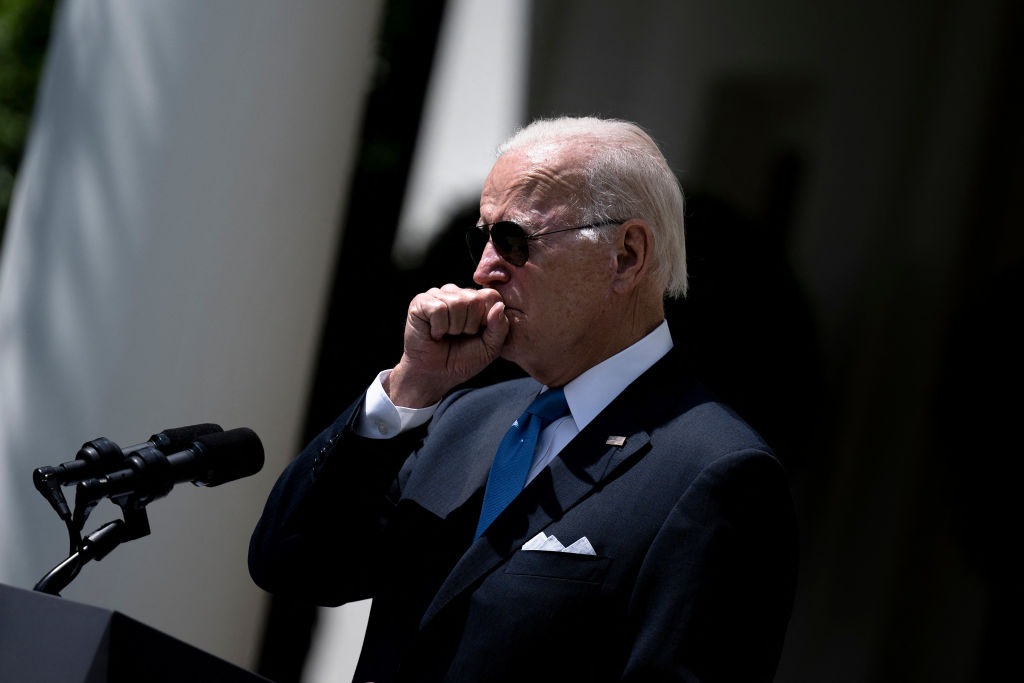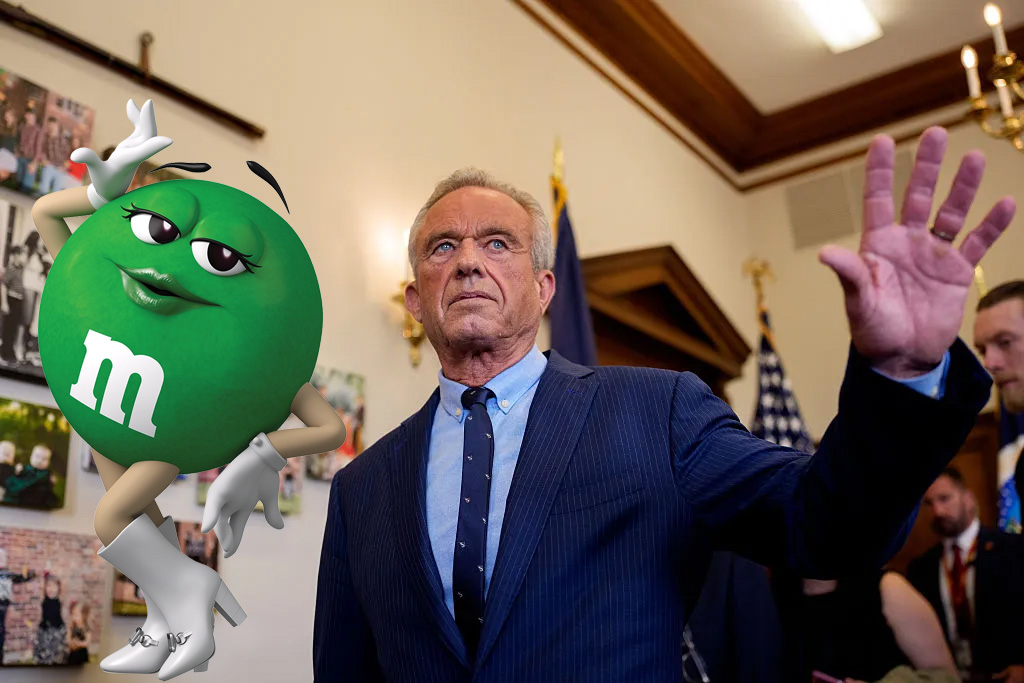Nairobi, Kenya
Some of our medical practitioners in Kenya advertise their services on street corners. “Bad omens, lost lovers, broken marriage, BIG PENIS,” say hand-painted notices nailed to telegraph poles. “Love potions, LUCKY RING, Do-As-I-Say Spells, business boosting magic, land issues, lost items, herbs from the underseas.” I admit to needing help on many of these things, but on this day, my general practitioner only wanted me to get an electrocardiogram. Feeling on top of the world, I skipped into a gleaming white clinic in Nairobi, paid the fee, lay down, got rigged up with electrodes and had a pleasant chat with the nurse. Within minutes my report arrived, explaining that my heart was damaged from a heart attack, I was at this very hour suffering a heart attack and, in all likelihood, I was about to die of more continuous heart attacks. Then they told me to go and have my blood pressure checked. Predictably, it was so high I felt I was about to bleed out of my eyes and ears like a man who has contracted Marburg virus from the famous Kitum caves of western Kenya’s Mount Elgon.
The cardiologist asked: ‘Do you have any stress in your life?’ I roared with laughter at this
I drove to Nairobi Hospital, where I nearly exploded in my vehicle while trying to find a parking space. I had been lucky enough to get an appointment with Dr. David Silverstein, Kenya’s best cardiologist, and now I was going to be late. Finally, when I was already very late, I found a place and collapsed like Basil Fawlty on my knees in the car park, fisting the sky. After I was checked in by the nurses, they took my blood pressure again and everybody looked genuinely alarmed. Silverstein is a spry, tanned eighty-year-old who was raised in the US, qualified in his early twenties, served in Vietnam, then headed to Africa, where he has been ever since. Over the decades, he has treated Kenya’s former presidents, Muammar Gaddafi, Nelson Mandela, Lady Delamere — and several of my own family members. Interestingly, here at Nairobi hospital he also took care of the men who in the 1980s contracted Marburg virus — a disease similar to Ebola — in the Kitum caves. Silverstein asked, “Do you have any stress in your life?” I roared with laughter at this. I turned fifty-nine today. My life is a permanent emergency, so big I want to call Bob Geldof to ask if he can put on a concert for me.
Silverstein told me to disregard the ECG I’d had in the street clinic before. “It’s a poor-quality AI. You’ve been had by a computer.” I said it reminded me of the man who walked into a famous Kenyan hospital with a broken arm six years ago. He woke up the next day after they’d performed brain surgery on him. Another story I didn’t mention was the time when I was in Mogadishu and got a call on the satellite phone that my brother was about to die in a Dar es Salaam Hospital. A battle was unfolding in the Somali streets when I finally got through to the Tanzanian doctors and they assured me that my brother had suffered a severe heart attack and would not make it unless I paid for him to have open heart surgery then and there. Against a backdrop of helicopter gunships and mortar fire, I made the decision to refuse the surgery and send a medevac flight to bring him home to Nairobi — where the doctors swiftly discovered that he was suffering from a severe case of heartburn.
Silverstein told me stories about famous African hearts during the examination, before sending me off for more cardiological tests. On the treadmill I tried to keep up but felt I was competing with our marathon champion Eliud Kipchoge. During one scan the technicians kept pointing at the screen while whispering. “OK Doc, how long do I have?” I asked Silverstein when they sent me back to him. “You haven’t had a heart attack!” he laughed. “You’re not going to have a heart attack… well… I should say, I am no prophet, neither a prophet’s son. What does Amos say?” (Dr. Silverstein is Jewish.) “I was a herdsman and a gatherer of sycamore fruit! You’re fine!”
And then after telling me a few more amusing stories, Silverstein looked at me calmly from behind his desk. “You’ve led a successful life and achieved the things you wanted to do.” Through his open windows I could hear the noises of the hospital wards and somewhere beyond that the roar of Nairobi city. I felt content, at least for a minute or two.
This article was originally published in The Spectator’s UK magazines. Subscribe to the World edition here.


























Leave a Reply